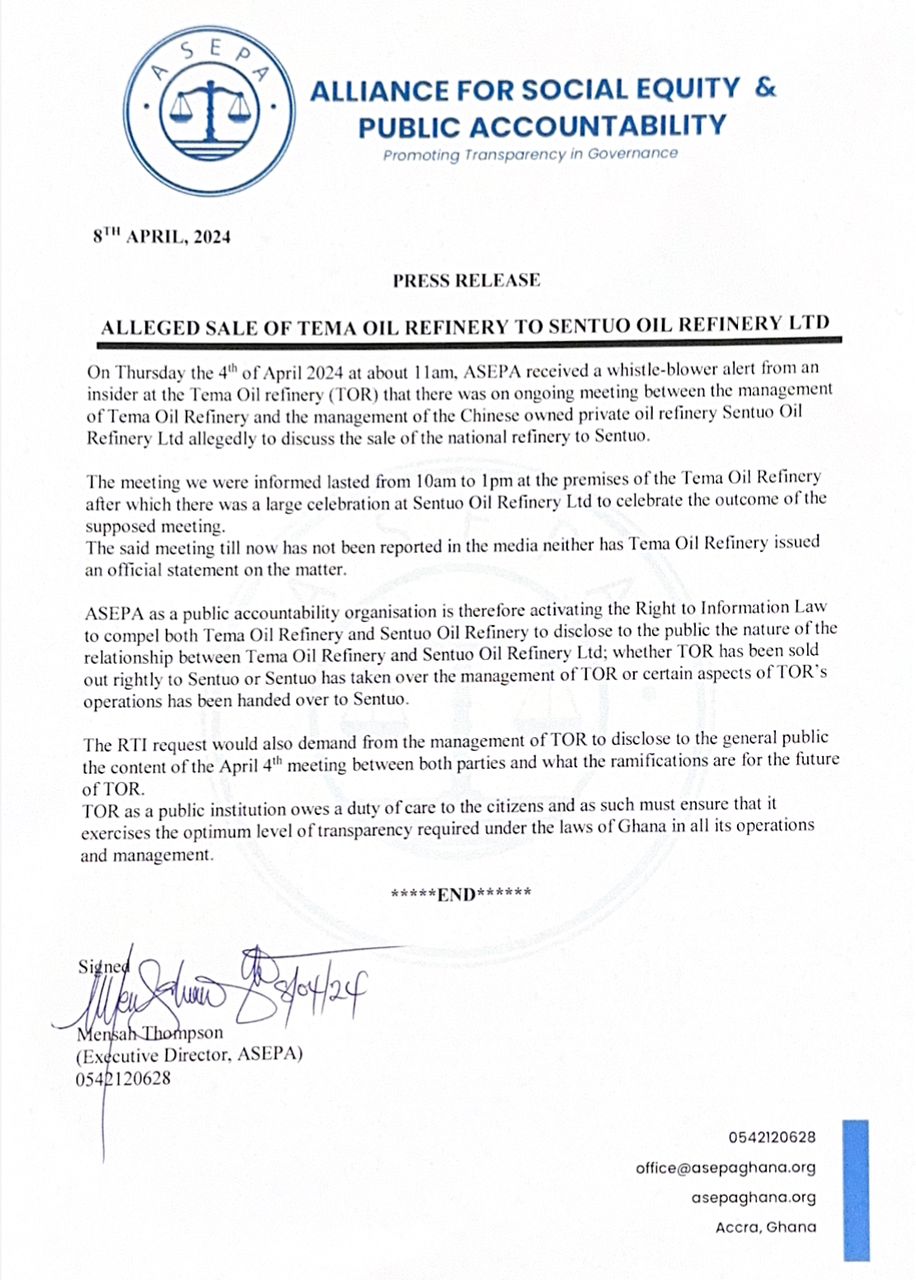
By Allen OLAYIWOLA
For many Ghanaians, the term “cloud computing” still feels like something distant—perhaps even mystical. But whether you’re in banking, education, agriculture, or retail, chances are the cloud already plays a role in your everyday operations.
In this article, we break down the core concepts of cloud computing using relatable analogies to help Ghanaian businesses, institutions, and entrepreneurs better understand how the cloud works—and why it matters.
Cloud 101: The basics explained
Think of the cloud as a vast digital utility—a network of powerful, globally interconnected computers (servers) that provide computing resources on-demand. Just as ECG supplies electricity to your home or business, cloud providers deliver digital resources like data storage, computing power, and software through the internet.
Whether you’re using Google Drive, Dropbox, or Microsoft 365, you’re already engaging with the cloud. You no longer need to buy expensive servers or worry about maintaining hardware. The cloud provider handles all that for you behind the scenes—so you can focus on your work.
How does it actually work?
When you use a cloud-based service, you’re essentially renting computing power from a service provider like Microsoft Azure, Amazon Web Services (AWS), or Google Cloud. You might need more storage space for your business files, a virtual machine to run software, or even a platform to develop applications.
The cloud provider maintains the infrastructure, ensures uptime, handles security, and lets you pay only for what you use. This is especially beneficial for small and medium-sized businesses (SMBs) in Ghana that may not have the budget or manpower to manage a full IT department.
Cloud deployment models – Think of it like real estate
To explain how the cloud is delivered, let’s use a Ghanaian-style housing analogy.
- Public cloud – Imagine living in a large apartment complex in East Legon. While you have your own room, the kitchen, corridors, and gate security are shared with others. That’s the public cloud. Services like Microsoft Azure and Google Cloud host multiple customers on shared infrastructure, making it highly affordable and scalable. You only pay for what you use—perfect for startups and cost-conscious businesses.
- Private cloud – Now imagine you’ve built your own home in Airport Hills. You own and control every aspect of it, from the gate to the gutters. That’s the private cloud. The infrastructure is used only by your organisation, offering greater control and tighter security—but it comes with higher costs.
- Hybrid cloud – This is like having your own house in Accra and a rented short-stay apartment in Kumasi. You use both depending on your needs. Hybrid cloud models allow organisations to keep sensitive data on private servers while leveraging the public cloud for other workloads. It offers the best of both worlds—flexibility, cost savings, and control. In Ghana, many banks, telcos, and public institutions are exploring hybrid models due to data sovereignty and compliance concerns.
IaaS, PaaS, and SaaS – Building your digital home
Let’s now look at how the cloud is consumed by organisations. We’ll use construction as an analogy to simplify three common cloud service models:
- Infrastructure as a Service (IaaS) – You’re the builder. You purchase land, materials, and hire the mason and electrician. You’re in charge of construction from the ground up. With IaaS, you manage applications, data, and the operating system, while the cloud provider supplies the base infrastructure—like servers, storage, and networking. This is ideal for Ghanaian tech firms or large companies with experienced IT teams who want total control.
- Platform as a Service (PaaS) – You’re the interior designer. The house has already been built, and your job is to furnish and decorate it. The cloud provider takes care of the foundation and structure, while you manage applications and data. This model is perfect for developers building custom software without worrying about underlying servers.
- Software as a Service (SaaS) – You’re the tenant. You move into a fully furnished apartment. You don’t worry about maintenance or utilities. With SaaS, you simply use the software—like Zoom, Office 365, or QuickBooks Online—while the provider handles everything else. SaaS is perfect for schools, law firms, NGOs, and any organisation that wants to “just get the job done” without dealing with technical complexities.
Why cloud computing matters for Ghanaian businesses
From Kasoa to Kintampo, the digital economy is growing fast. Cloud computing can give Ghanaian businesses a competitive edge—providing access to enterprise-grade tools at a fraction of the cost, with the ability to scale as you grow.
Key benefits include:
- Cost Savings: No need for costly hardware or maintenance.
- Scalability: Easily expand your resources as demand grows.
- Security: Providers offer strong data protection and disaster recovery.
- Mobility: Access your systems and files from anywhere—even on the go in traffic on the Tema Motorway.
Looking ahead – The Microsoft Azure advantage
If you’re just getting started or planning a deeper digital transformation, Microsoft Azure is worth exploring. With a growing presence in Africa and hybrid capabilities, it’s a strong fit for Ghanaian organisations looking to balance performance with security and compliance. In our next article, we’ll dive into why Azure’s hybrid approach is a game-changer—especially for Ghana’s SMEs, government agencies, and tech startups.
>>>the writer is a seasoned cloud architect and systems administrator with expertise in leading technical teams to create innovative platforms. As CTO of eSolutions Consulting, he has spearheaded major projects like the Office 365 rollout for Ghana’s government and infrastructure deployment for the Ghana Revenue Authority.
Recognized for his strategic use of emerging technologies, Allen has led his team to multiple Microsoft Partner of the Year awards, solidifying his role as a key leader in tech-driven business transformation. If you’d like to explore how these strategies can help your organization thrive, reach out to discuss tailored solutions for your business growth journey. He can be reached via [email protected] and or 0540123034
The post From confusion to clarity: Making sense of cloud computing appeared first on The Business & Financial Times.
Read Full Story





















Facebook
Twitter
Pinterest
Instagram
Google+
YouTube
LinkedIn
RSS